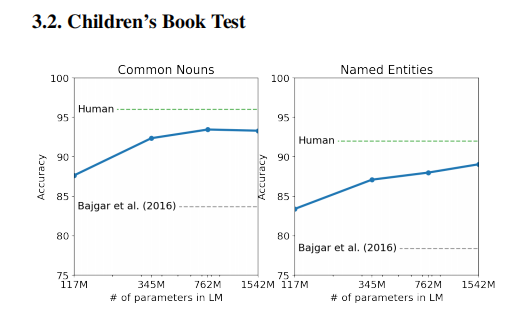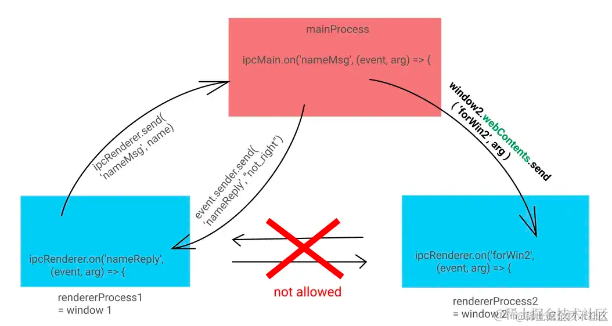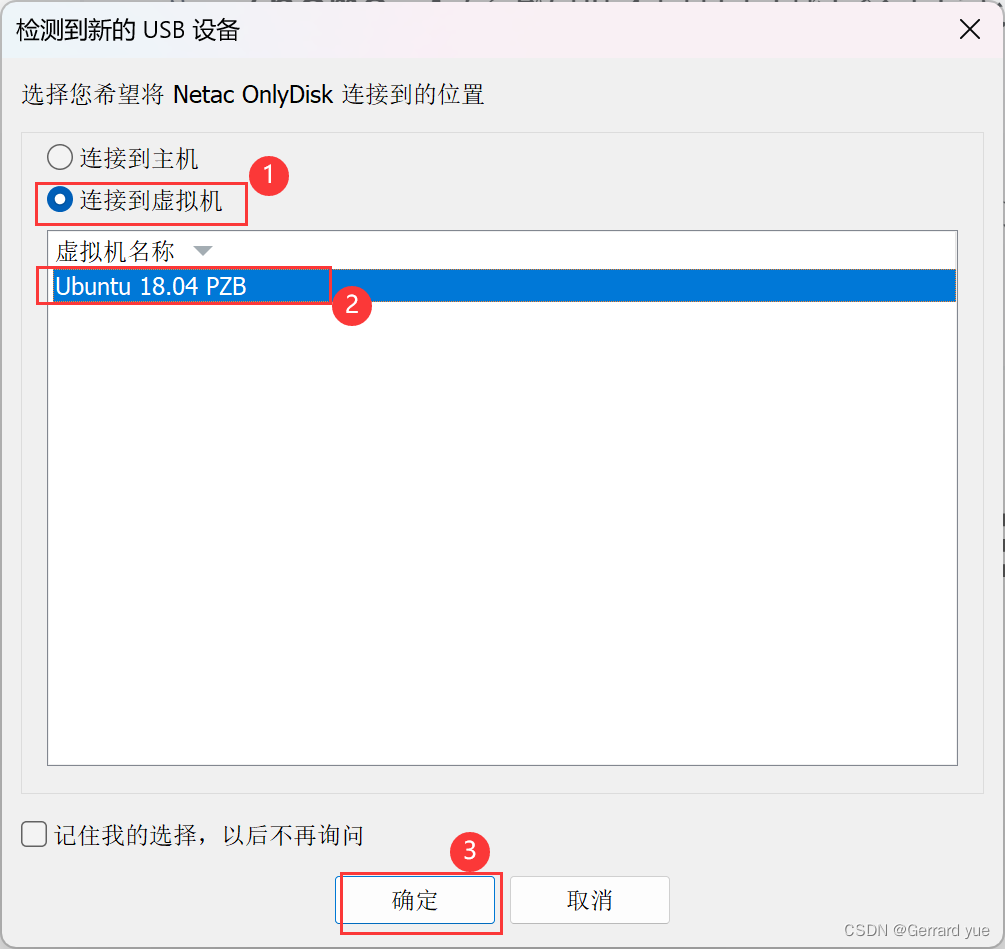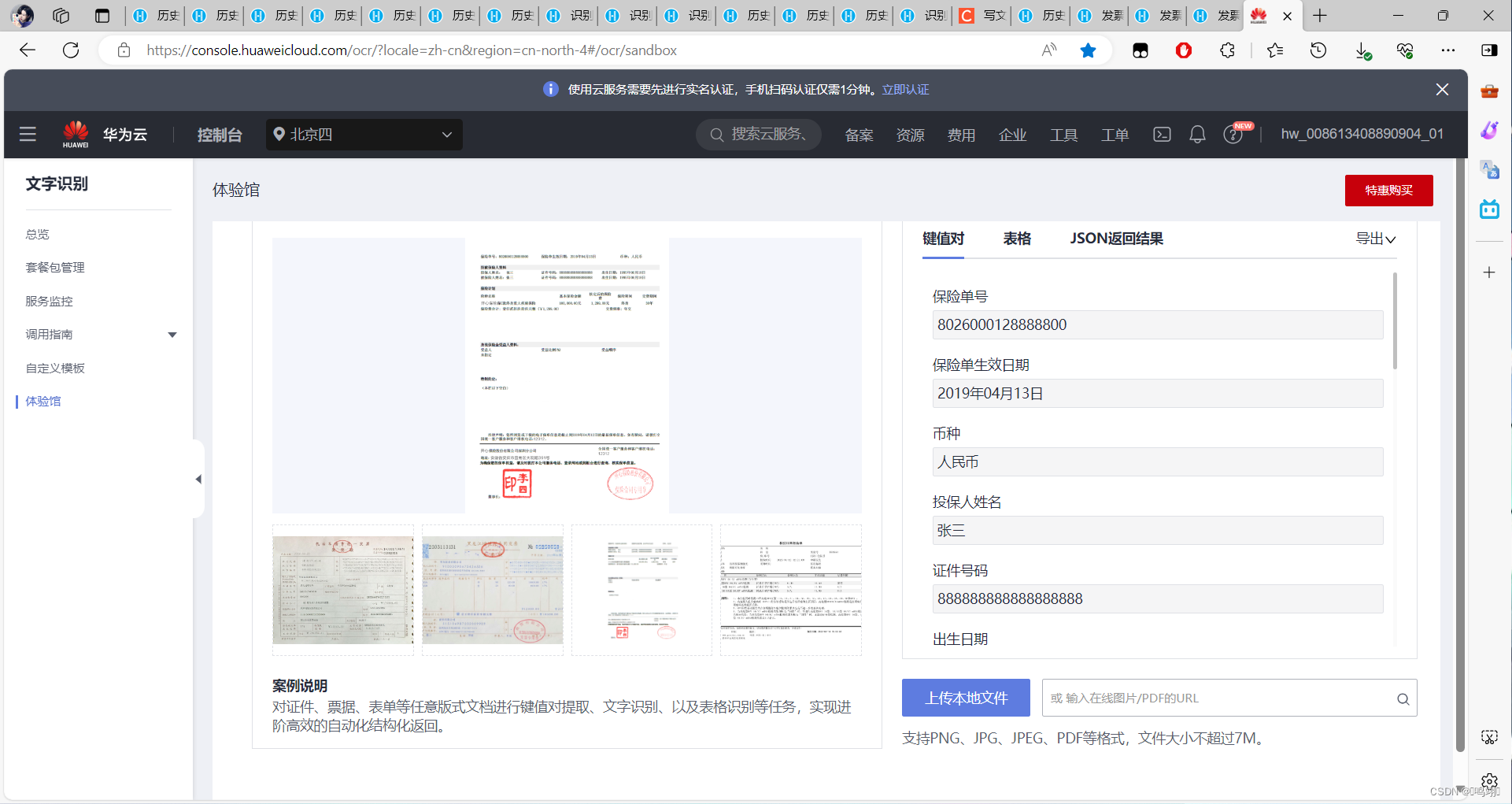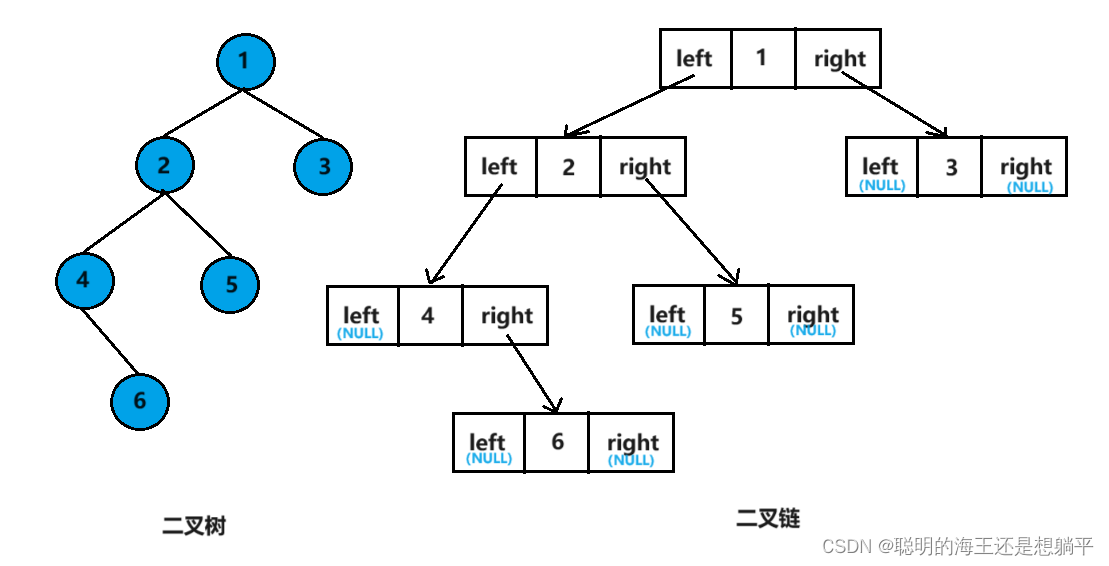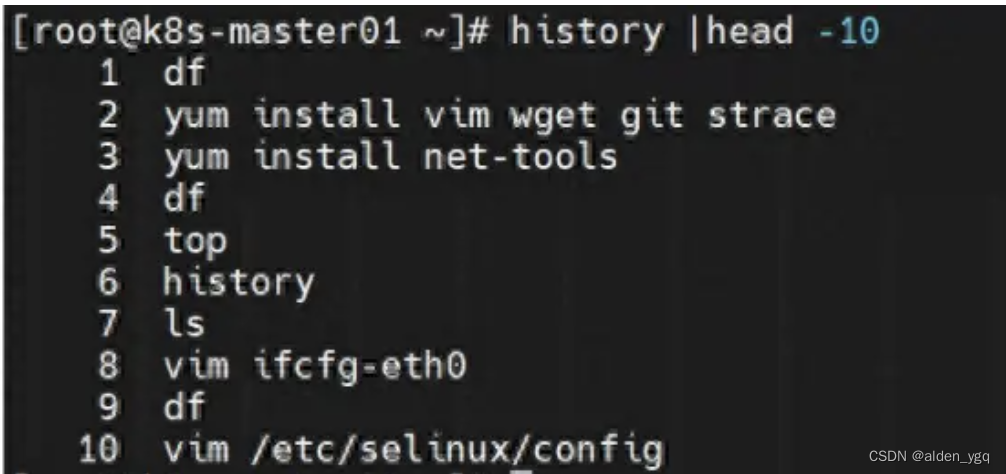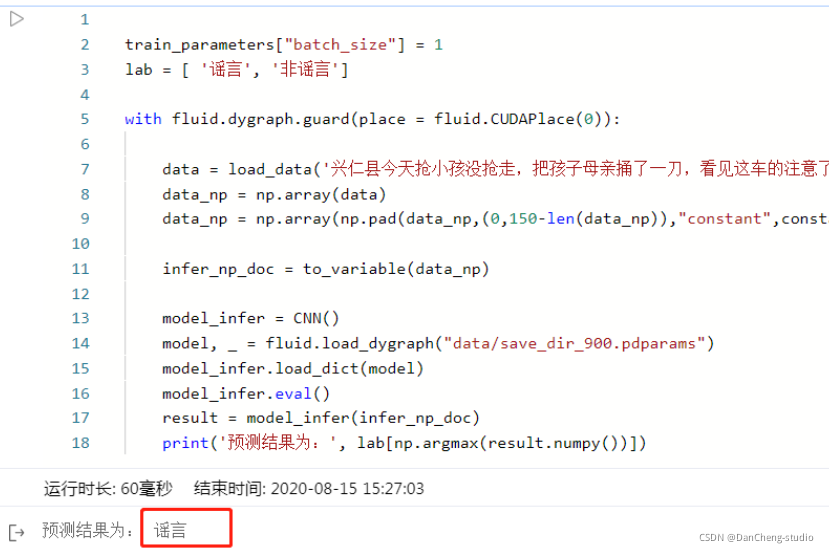前言
在接口测试中,我们经常需要对请求进行签名,以保证数据的安全性。而SHA256withRSA是一种较为常见的签名算法,它可以使用私钥对数据进行签名,使用公钥进行验签。
但是,实现该算法签名可能会涉及到一些繁琐的操作,给我们的工作带来不小的困扰。
今天,我要向大家介绍一个神器——Postman,它可以轻松完成SHA256withRSA签名的实现,让您的API请求得到更加完善的保护。
接下来,我将简单介绍如何使用Postman实现SHA256withRSA签名,并且分享一些注意事项和技巧,希望能让大家轻松掌握这个技能。
获取pmlib
引入依赖bundle.js,有以下两种方式:
- 从github下载postman collection ,并导入进你的集合里。
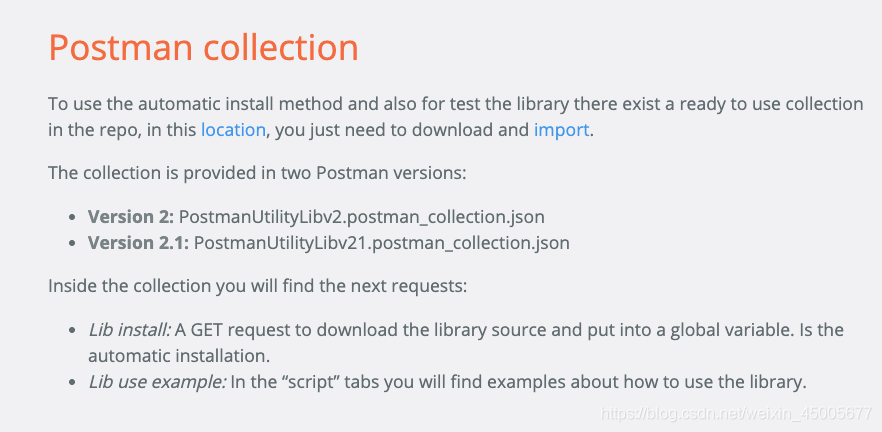
- 将所需js所需js所需js全部复制保存成一个全局变量如:pmlib_code

- 把自己的私钥设置成环境变量如:pri_key

使用Pre-request Script对请求进行加签(具体加签字段请看自己项目)
// 使用eval执行js
eval(pm.globals.get('pmlib_code'))// 生成rfctime
let date = new Date()
let y = date.getFullYear()
let m = date.getMonth()+1<10?'0'+(date.getMonth()+1):(date.getMonth()+1)
let d = date.getDate()<10?'0'+date.getDate():date.getDate()
let hh = date.getHours()<10?'0'+date.getHours():date.getHours();
let mm = date.getMinutes()<10?'0'+date.getMinutes():date.getMinutes()
let ss = date.getSeconds()<10?'0'+date.getSeconds():date.getSeconds()
this.rfc_time = y +'-' + m + '-' + d + ' ' + hh + ':' + mm + ':' + ss
this.rfc_time = this.rfc_time.replace(/\s+/g, 'T')+'+08:00'
pm.variables.set('rfctime',this.rfc_time)
// console.log(pm.variables.get('rfctime'))const privkey = pm.environment.get('pri_key').replace(/\\n/g, "\n")// 随机字符串
const uuid = pm.variables.replaceIn('{{$randomUUID}}')
pm.variables.set('nonce_str', uuid)const requestBodyRaw = pm.variables.replaceIn(pm.request.body == undefined ? '' : pm.request.body.raw)const now = pm.variables.replaceIn('{{$timestamp}}')
pm.variables.set('req_time', now)
// 具体加密字段拼接请依据项目情况案例是:method+\n+url+\n+timestamp+\n+nonce_str+\n+body
var dataToSign = pm.request.method + "\n" +pm.request.url.getPathWithQuery() + "\n" +now + "\n" +uuid + "\n" +requestBodyRawconsole.log(dataToSign)const sha256withrsa = new pmlib.rs.KJUR.crypto.Signature({"alg": "SHA256withRSA"});
sha256withrsa.init(privkey);sha256withrsa.updateString(dataToSign);const sign = pmlib.rs.hextob64(sha256withrsa.sign());// console.log(sign);
pm.variables.set('sign', sign)
// 添加请求头
pm.request.headers.add({key:"Authorization",value:"SHA256-RSA nonce_str={{nonce_str}},timestamp={{req_time}},signature={{sign}}"
});使用Pre-request Script对请求进行加签(具体加签字段请看自己项目)
// 使用eval执行js
eval(pm.globals.get('pmlib_code'))// 生成rfctime
let date = new Date()
let y = date.getFullYear()
let m = date.getMonth()+1<10?'0'+(date.getMonth()+1):(date.getMonth()+1)
let d = date.getDate()<10?'0'+date.getDate():date.getDate()
let hh = date.getHours()<10?'0'+date.getHours():date.getHours();
let mm = date.getMinutes()<10?'0'+date.getMinutes():date.getMinutes()
let ss = date.getSeconds()<10?'0'+date.getSeconds():date.getSeconds()
this.rfc_time = y +'-' + m + '-' + d + ' ' + hh + ':' + mm + ':' + ss
this.rfc_time = this.rfc_time.replace(/\s+/g, 'T')+'+08:00'
pm.variables.set('rfctime',this.rfc_time)
// console.log(pm.variables.get('rfctime'))const privkey = pm.environment.get('pri_key').replace(/\\n/g, "\n")// 随机字符串
const uuid = pm.variables.replaceIn('{{$randomUUID}}')
pm.variables.set('nonce_str', uuid)const requestBodyRaw = pm.variables.replaceIn(pm.request.body == undefined ? '' : pm.request.body.raw)const now = pm.variables.replaceIn('{{$timestamp}}')
pm.variables.set('req_time', now)
// 具体加密字段拼接请依据项目情况案例是:method+\n+url+\n+timestamp+\n+nonce_str+\n+body
var dataToSign = pm.request.method + "\n" +pm.request.url.getPathWithQuery() + "\n" +now + "\n" +uuid + "\n" +requestBodyRawconsole.log(dataToSign)const sha256withrsa = new pmlib.rs.KJUR.crypto.Signature({"alg": "SHA256withRSA"});
sha256withrsa.init(privkey);sha256withrsa.updateString(dataToSign);const sign = pmlib.rs.hextob64(sha256withrsa.sign());// console.log(sign);
pm.variables.set('sign', sign)
// 添加请求头
pm.request.headers.add({key:"Authorization",value:"SHA256-RSA nonce_str={{nonce_str}},timestamp={{req_time}},signature={{sign}}"
});至此SHA256withRSA签名已完成
感谢每一个认真阅读我文章的人,礼尚往来总是要有的,虽然不是什么很值钱的东西,如果你用得到的话可以直接拿走:

这些资料,对于【软件测试】的朋友来说应该是最全面最完整的备战仓库,这个仓库也陪伴上万个测试工程师们走过最艰难的路程,希望也能帮助到你!有需要的小伙伴可以点击下方小卡片领取


